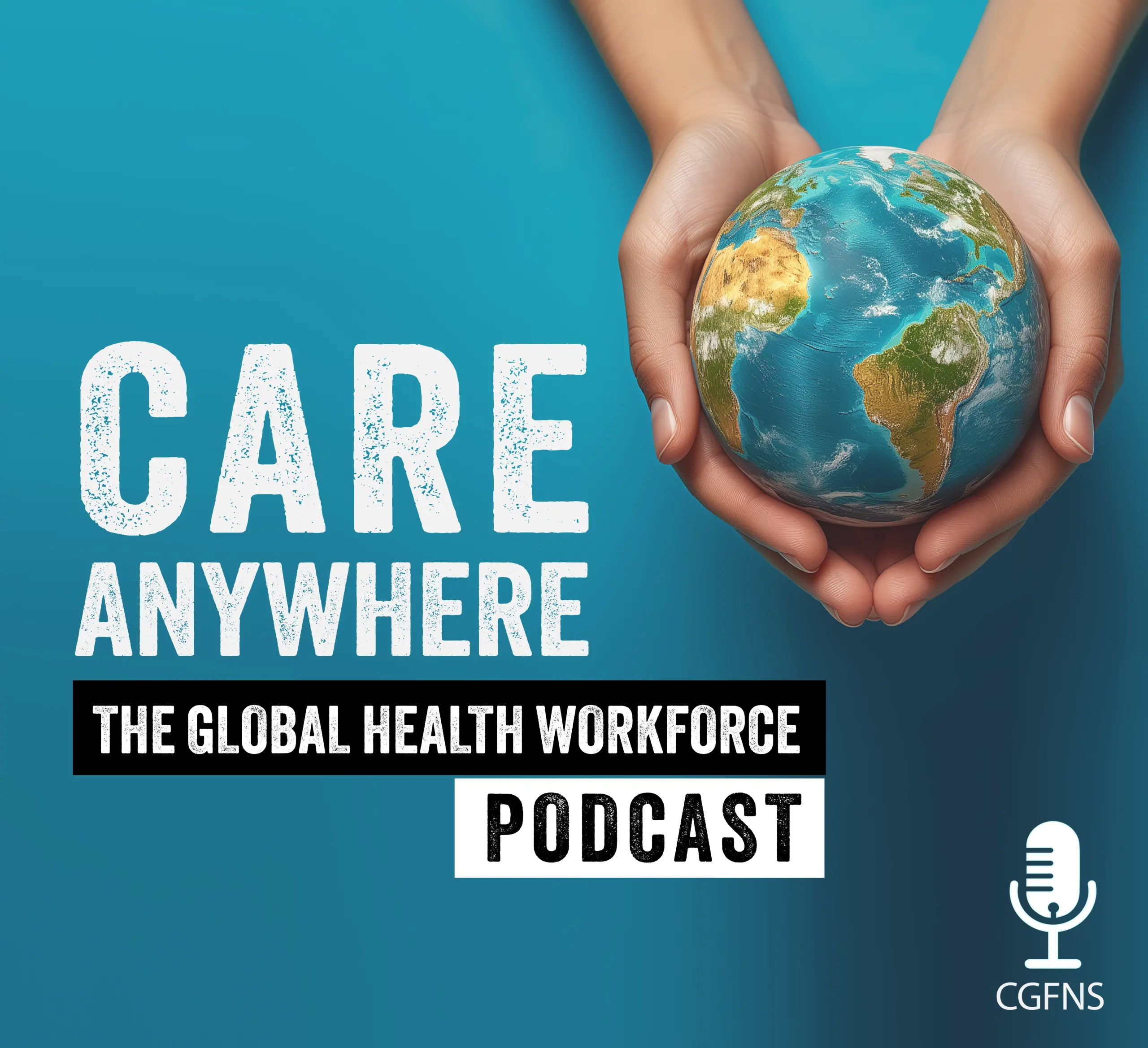ICN: Investing in the Future of the Global Nurse Workforce
In the latest episode of Care Anywhere, host Lea Sims sits down with Howard Catton, CEO of the International Council of Nurses (ICN), to discuss the state of the global nursing workforce. As a respected figure in global nursing, Howard shares insights from ICN’s recent findings, addressing a projected global shortage of 13 million nurses by 2030. This shortage, compounded by factors like the aging workforce, pandemic-driven burnout, and policy delays, underscores the urgent need for sustainable workforce solutions.
Howard highlights ICN’s work on the Sustain and Retain and Recover to Rebuild initiatives, which emphasize workforce investment, better working conditions, and policy reforms aimed at retention and professional development. He discusses the “COVID effect”—the exacerbated burnout and early retirement many nurses face—and emphasizes how ICN’s advocacy supports the creation of “decent work” conditions globally, essential for retention and future workforce growth.
Lea and Howard also explore ICN’s advocacy efforts to make nursing roles integral to universal health coverage and advanced practice. Howard underscores the economic value of investing in nursing, which benefits patient outcomes, public health, and broader economic growth. He calls for international collaboration to push governments towards sustainable healthcare workforce policies, reflecting on successes, such as the recent enactment of a Nursing Act in South Korea, which serves as a model of effective healthcare policy reform.
This episode sheds light on ICN’s comprehensive strategy to elevate nursing worldwide and the critical steps needed to secure a resilient, skilled workforce capable of meeting future global health challenges.




